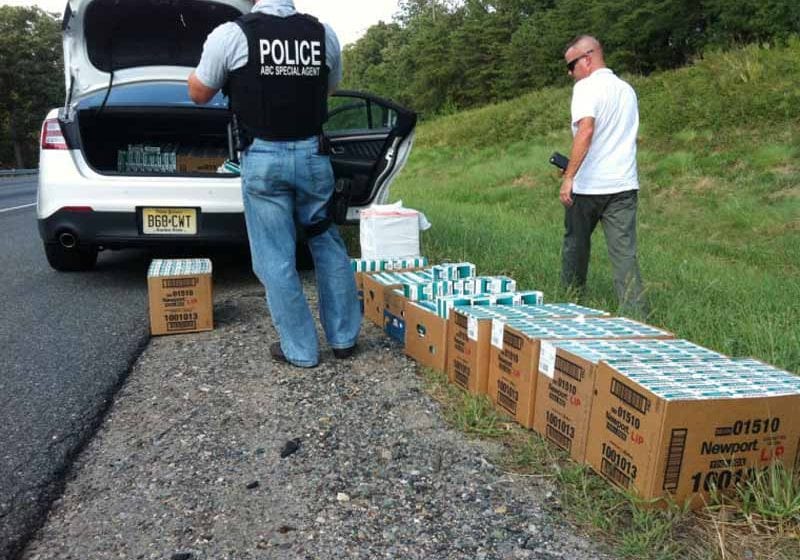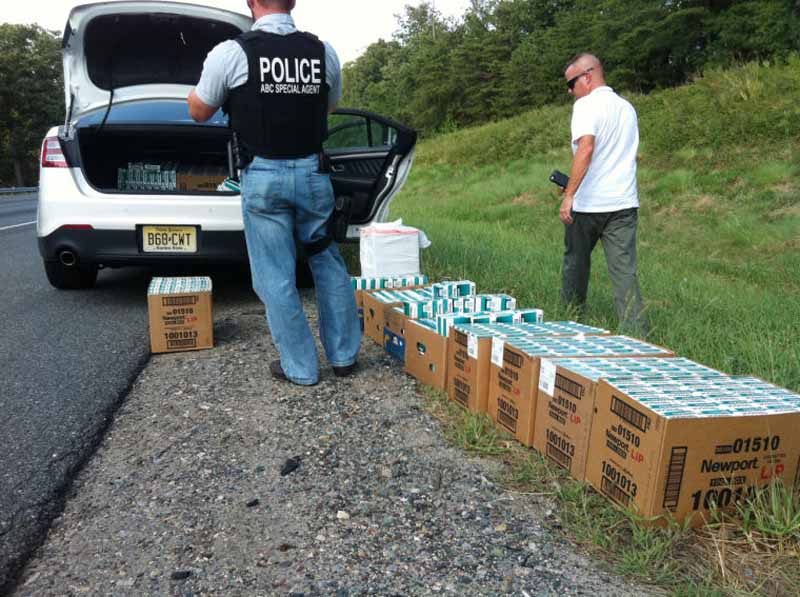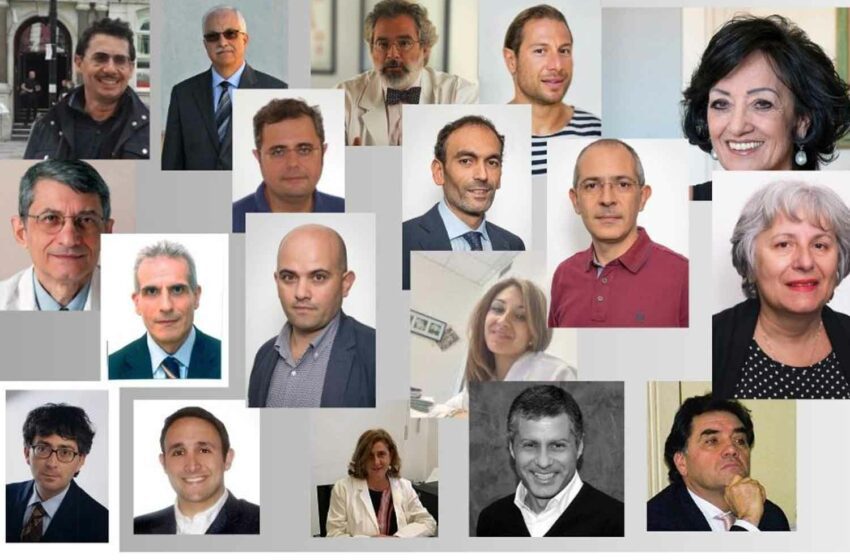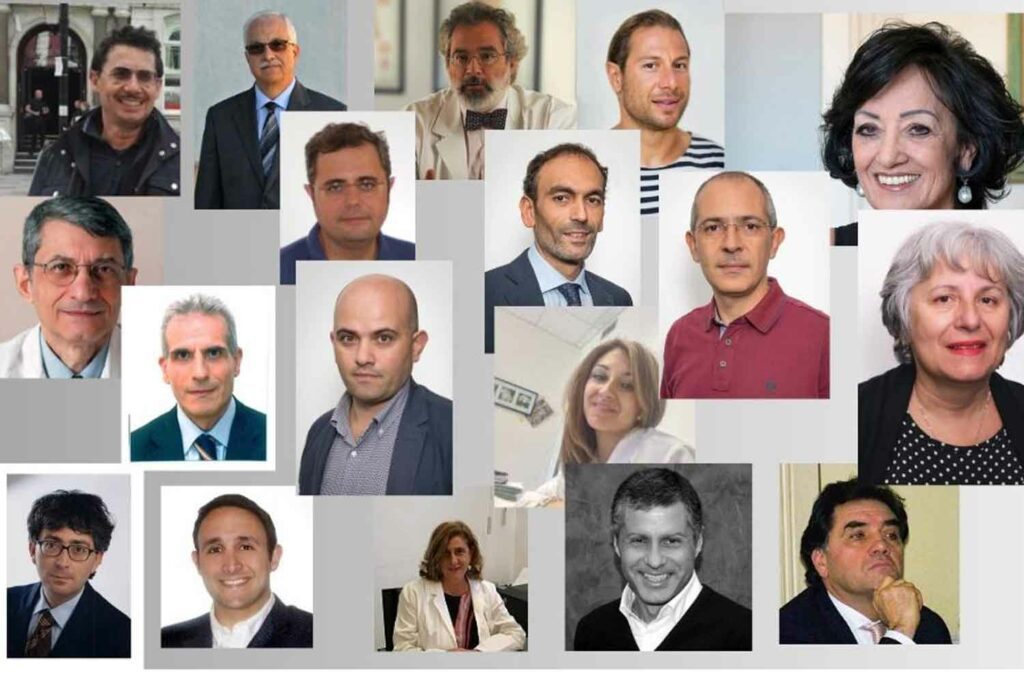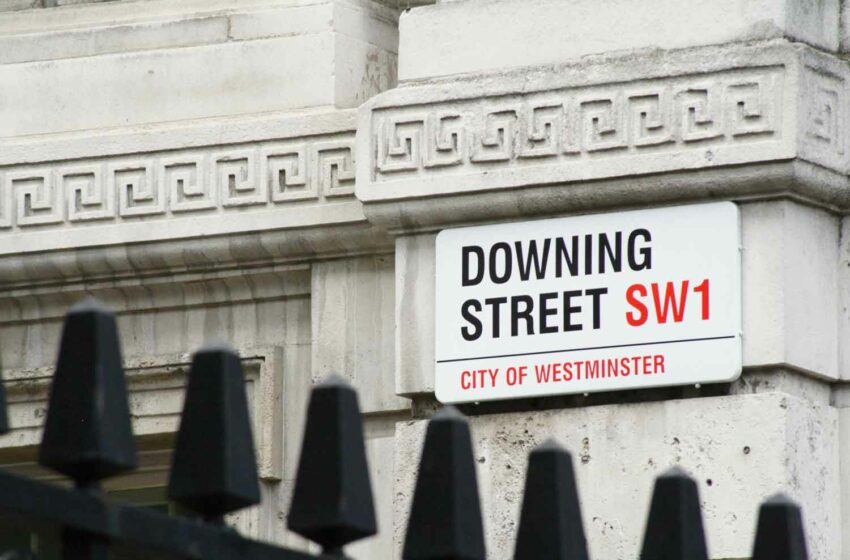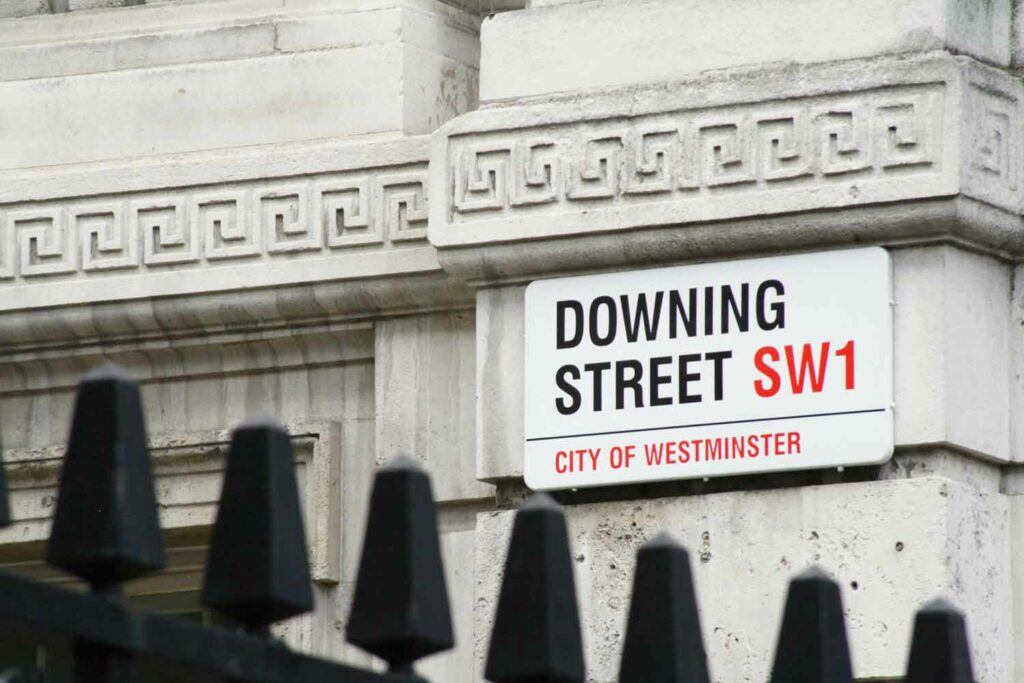
Leaders in product compliance, innovation, sustainability and the prevention of youth access to vaping were among those honored at this year’s UKVIA Industry Recognition Awards.
The annual event was hosted at the QEII Centre in London and saw parliamentarians, public health professionals, enforcement officials, vape manufacturers and others celebrated for their contributions to the progress of the industry and to the ambition for a future without smoking.
There were 16 award categories this year, including Most Responsible Vaping Business, Outstanding Vaper Education Program for Smokers and the Vaping Regulations Enforcement Award.
Colin Mendelsohn, founding chairman of the Australian Tobacco Harm Reduction Association and retired general practitioner of 30 years, received the Most Supportive Public Health Professional/Researcher Award.
Also winning awards were Adam Afriyie, Member of Parliament and vice chair of the All-Party Parliamentary Group for Vaping, and Martin Cullip, international fellow of the Taxpayers Protection Alliance’s Consumer Center, who won Most Supportive Parliamentarian and Outstanding Industry Service Award, respectively.
John Dunne, director general of the UKVIA, said, “Our annual industry recognition awards celebrate the individuals and organizations—both within and outside the industry—who have made outstanding contributions to the vaping sector.
“I hope this year’s winners continue to set a leading example and that the rest of the industry will be inspired to go even further to take our sector to new heights and show the policymakers and regulators that we are committed to the highest standards in helping the government achieve its smoke-free generation.”
Ahead of the Industry Recognition Awards, Chris Kelly, chief executive of headline sponsor Phoenix 2 Retail, said: “More than ever, our industry needs to make a strong statement to the government and regulators by showcasing what it is doing to raise standards across the board.
“It’s good to see the awards this year recognizing innovative solutions that address the big issues of youth vaping and the environmental impact of single-use vapes. Equally, it’s good that those who have been at the forefront of compliance have been held up for what they are doing in this crucial area.”
The full list of winners is available at the UKVIA’s website.


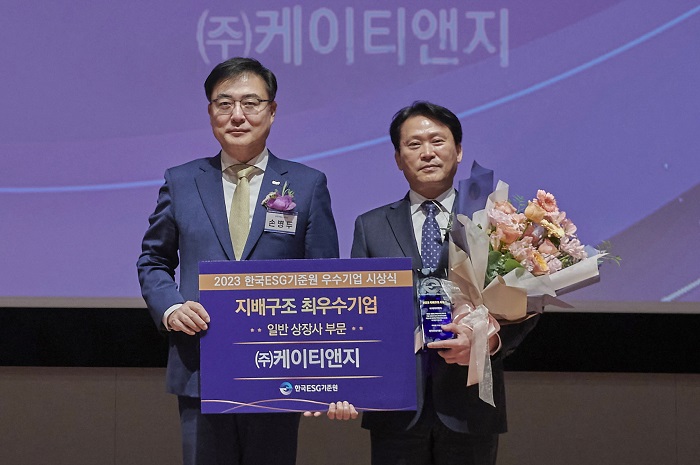
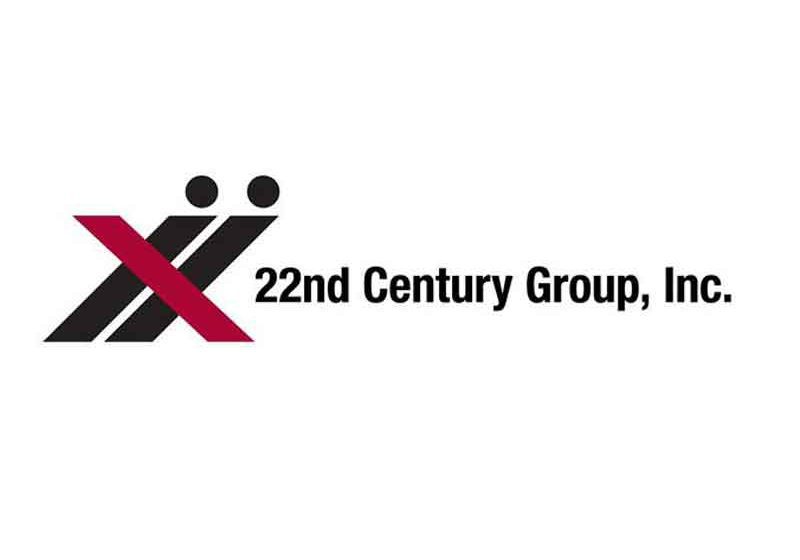
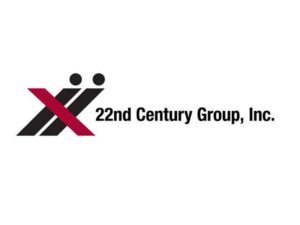 22nd Century Group will sell most of its GVB Biopharma hemp/cannabis operations to Specialty Acquisition Corp., an entity affiliated with GVB employees.
22nd Century Group will sell most of its GVB Biopharma hemp/cannabis operations to Specialty Acquisition Corp., an entity affiliated with GVB employees.